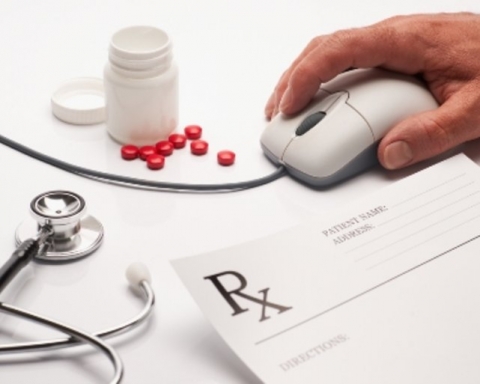Emergency medical response requires a coordinated effort. It’s a field that burdens people with the task of providing an organized and immediate medical response in an often chaotic and high-pressure environment.
To be able to do this in a consistent and timely manner, many emergency medical services (EMS) providers rely on electronic patient care reports (ePCR) solutions. ePCR is critical to the operation of EMS organizations because it allows staff members and response coordinators to stay on top of their assignments and efficiently deliver life-saving medical assistance to their clients. It is used to record patient information, the treatments they’ve received, the event that took place, and the patient’s signature, among other details. All these details are required when EMS organizations submit a claim and generate revenue.
Exactly how does the right EMS ePCR software empower EMS organizations? The key is having the ePCR software integrate with other EMS software. If integration is not your forte, then the best option is to have the ePCR software be part of an all-in-one EMS software. Here are some of the benefits of having an all-in-one EMS software that offers excellent customization options:
Simplified Documentation Process
Many traditional EMS organizations still rely on a combination of paper and digital solutions to maintain a record of their cases. Depending on multiple software platforms (and paper) to keep records is an inefficient practice, as it requires people to create separate documentations for a single trip.
Most often, this doubles the time and effort needed for recordkeeping and research work. It also increases the chance of writing down erroneous or illegible patient details, and this can cause confusion and complicate billing as a result. Using an ePCR solution that’s part of an all-in-one solution for all recordkeeping tasks can simplify the work of the EMS organization and remove that potential for error. Because they only need to use one system to keep records, the staff members won’t have to fill out the details of the same case multiple times, and they can simply look up the cases they’ve handled in a single database.
Standardized Data Collection and Management
There are plenty of people in charge of collecting and recording data in an EMS organization, and they can use different formats and standards to record the data about the cases they handle if they’re on different platforms or systems. Maintaining and searching through that archive that uses a mix of recordkeeping conventions can be quite a difficult task. There’s also the possibility that these records are missing essential information about the client.
The good news is that it’s certainly possible to enforce the use of a particular recordkeeping format by using a robust ePCR solution. EMS providers that use ePCR solutions can come up with different record templates for different types of cases, depending on their local regulations. They can indicate required fields that staff members need to fill out, reducing the chances of missing vital information that they need to pass on to other medical service providers and their billers. Having a standard record format will also make it much easier to search through the organization’s archive.
Improved Record Accessibility and Protection
Shifting from paper records to an all-in-one, cloud-based ePCR means that the EMS organization’s staff members can access patient files from just about anywhere as long as they have the right credentials. The staff members can simply look up the patient’s name in the ePCR and find the client’s medical condition history, such as allergies, which can be quite useful when the staff members provide emergency medical services. With cloud-based ePCR, staff members can also access and edit the records even while they’re on the road.
Reduced Hardware and Training Costs
Cloud-based all-in-one ePCR solutions can be accessed from just about any mobile device, and most of the people working in the EMS field are quite familiar with how digital devices are used. This level of familiarity and accessibility means that EMS staff members will only need minimal training to properly use the ePCR system.
Streamlined Data Collection and Faster Billing
Compared to a paper-based archive, it’s quite easy to sift through the information stored in an ePCR. This is especially helpful when your ePCR is connected with other EMS software, such as billing. When a staff member finishes inputting the patient information in the ePCR, billers can use the same exact information and send it for billing right away. A well-rounded EMS software with built-in ePCR functionalities can even allow EMS organizations to access analytics that they can use to improve their services and streamline their internal processes.
Conclusion
The right EMS ePCR system not only offers a wide range of functionalities that will aid record collection, but it should also provide its users with customization options that they can use to ensure that the system conforms to their existing processes and protocols. With a dependable ePCR solution, EMS providers should be able to reduce the time and effort that their staff members need to fill out reports without compromising the quality of the information they can collect, use, and store. This, in turn, will free up time and resources for them to focus on other more important tasks.







